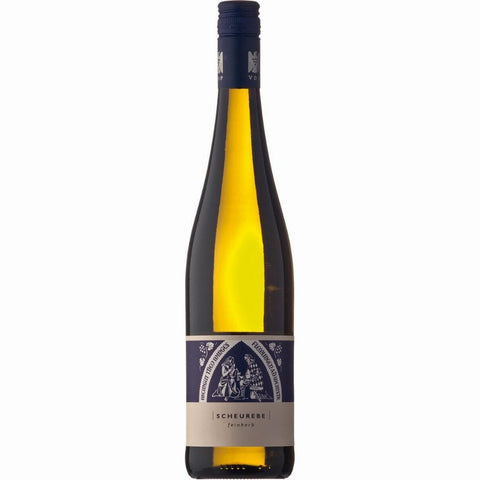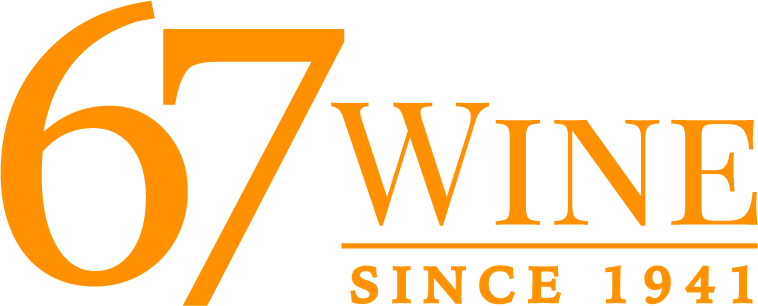
67Wine
Theo Minges Gleisweiler SCHEUREBE Feinherb Pfalz 2021 750ml
Currently managed by Theo Minges, the winery has been in the Minges family for 6 generations and dates to the 16th century. Regine Minges, Theo’s daughter, helps farm the family’s 24 hectares with her father while working to complete her viticultural studies. In the southern part of the Palatinate, Minges’ diversity of soils includes loess, gravel, red sandstone, and limestone.
Top sites include the Gleisweiler Hölle, a hollow site undulated with streams, brooks, and vegetation more similar to that of Northern Italy; and, Flemlinger Zechpeter, an idyllic site of loess-loam and gravel. All of the riesling vines are Mosel clones planted on chalky, stony soil almost 40 years ago by Theo’s father. Minges farms with organic practices, and is in the process of transitioning to bio-dynamics; though he’s most interested in the energy in the life-cycle of bio-dynamic practices, he intends to achieve certification in the near future.
Minges considers himself more as a cellar master than a winemaker, raising the wines from their birth on the vine as ‘children,’ the grapes need nurturing in the vineyard, then as ‘teenagers’, turbulent in fermentation, they need to be left alone, finally maturing for as long as possible, undisturbed on their lees, eventually coming into their own character. These philosophies guide his decisions: meticulous work in the vineyard, spontaneous fermentation in stückfass, an extra long time on gross lees, extremely minimal sulfur use, and only at bottling.
Wine Information:
Country: Germany
Region: Pfalz
Sub-Region:
Appellation: Pfalz
Variety: Scheurebe
Type: Whites
Size: 750ml
Currently managed by Theo Minges, the winery has been in the Minges family for 6 generations and dates to the 16th century. Regine Minges, Theo’s daughter, helps farm the family’s 24 hectares with her father while working to complete her viticultural studies. In the southern part of the Palatinate, Minges’ diversity of soils includes loess, gravel, red sandstone, and limestone. Top sites include the Gleisweiler Hölle, a hollow site undulated with streams, brooks, and vegetation more similar to that of Northern Italy; and, Flemlinger Zechpeter, an idyllic site of loess-loam and gravel. All of the riesling vines are Mosel clones planted on chalky, stony soil almost 40 years ago by Theo’s father. Minges farms with organic practices, and is in the process of transitioning to bio-dynamics; though he’s most interested in the energy in the life-cycle of bio-dynamic practices, he intends to achieve certification in the near future.
Minges considers himself more as a cellar master than a winemaker, raising the wines from their birth on the vine as ‘children,’ the grapes need nurturing in the vineyard, then as ‘teenagers’, turbulent in fermentation, they need to be left alone, finally maturing for as long as possible, undisturbed on their lees, eventually coming into their own character. These philosophies guide his decisions: meticulous work in the vineyard, spontaneous fermentation in stückfass, an extra long time on gross lees, extremely minimal sulfur use, and only at bottling.
-

